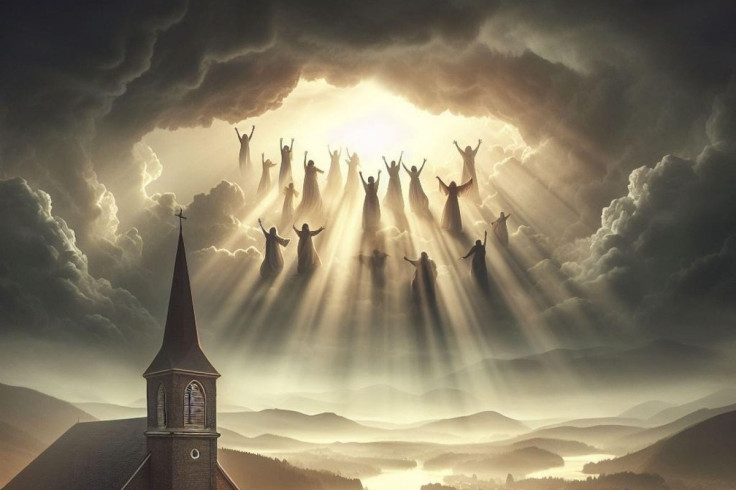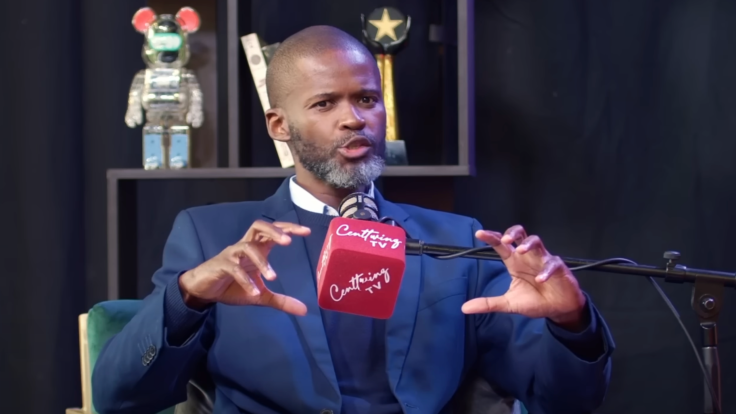Did the 'Re-Scheduled' Rapture 2025 Happen? Followers Still Waiting as Pastor Joshua Mhlakela Sets 'New' Date
South African pastor Joshua Mhlakela, in a follow-up video, claimed that there had been a miscalculation by him.

In late September 2025, social media buzzed with anticipation: would the Rapture finally arrive? South African pastor Joshua Mhlakela had previously predicted that Jesus would return on 23-24 September, 2025, a claim that sparked waves of excitement, scepticism, and internet drama.
When those dates passed quietly, the prophecy seemed to collapse, but not entirely. Some adherents quickly shifted to a new predicted window of 6-7 October, arguing that earlier calculations had used the wrong calendar.
However, now many believers have come to square one, asking if the 'rescheduled' Rapture will happen? Weeks later (and counting), the answer remains a resounding no, although belief and debate persist.
How We Got Here: From September to October
Mhlakela's prophecy rests on a vivid vision he claimed to have received, in which he said Jesus appeared to him and declared that he would return on September 23–24. He linked this to Rosh Hashanah, the Jewish Feast of Trumpets, a day some Christian interpreters view as prophetically significant.
Shortly before that date, his message went viral under the hashtag #RaptureTok, with TikTok users posting about quitting jobs, selling possessions, and preparing spiritually.

When 23-24 September passed without any supernatural event, many critics dismissed it as yet another failed doomsday prophecy. But believers weren't all ready to let go. Some argued that the original prophecy had used the Gregorian calendar, whereas the Julian calendar should apply to biblical prophecy.
Interestingly, Mhlakela, in a follow-up video, claimed that there had been a miscalculation by him. 'The 7th and 8th of October is the real Feast of the Trumpets. I'm a billion per cent sure,' he told viewers.
Why October Didn't Deliver Either
By October 6, nothing extraordinary had occurred, no visible ascension, no cosmic signs, no prophetic fulfilment had been reported so far from any certain place around the world. For all practical purposes, the prophecy remains unlikely to be fulfilled.
Yet, among believers, the hope has been lingering for centuries.
Some insist that the spirit or process began unseen, even if it wasn't dramatic. Others view it as a test of faith, believing divine timing may differ from human expectation.

Meanwhile, a few reject the entire prophecy, citing biblical teachings that warn against date-setting (for example, Matthew 24:36, 'about that day or hour no one knows...").
In fact, scholars and religious observers have long noted that failed end-times predictions often follow this pattern: a bold claim, a public wait, then reinterpretation or a revised date rather than abandonment. Cornell sociologist Landon Schnabel, for instance, has described this phenomenon as recurring in prophetic movements.
History Is Not Kind to Date-Setters
Joshua Mhlakela is hardly the first to set a date for the Rapture, and he probably won't be the last, considering the history of 'prophecies'.
Harold Camping, an American evangelist, famously predicted multiple end-of-the-world dates over several decades, including May 21, 2011, and later October 21, 2011. When those dates failed, Camping later admitted he had misinterpreted signs.
As for Pastor Joshua Mhlakela, he has not yet issued an official statement. Whether he confirms a recalculation, doubles down on the October window, or calls for patience remains to be seen.
For now, the online discussions continue to wonder if this latest episode will close the chapter on Rapture 2025 or simply mark another turn in an ever-evolving prophetic movement.
© Copyright IBTimes 2025. All rights reserved.





















